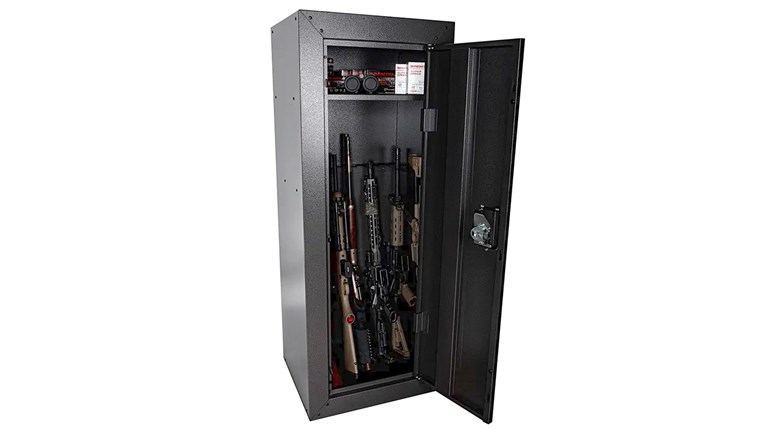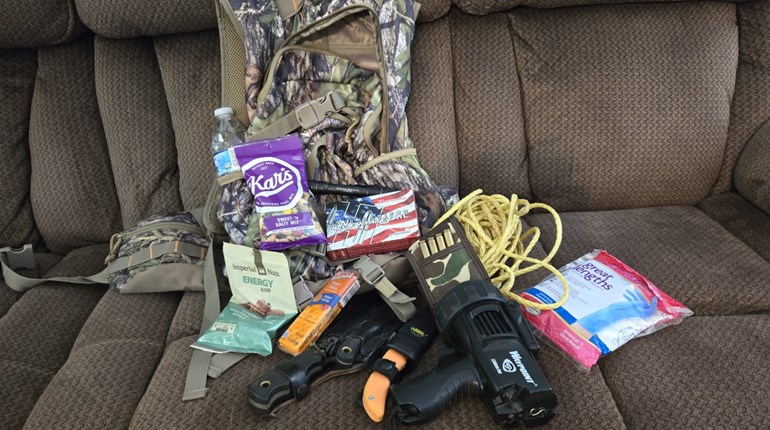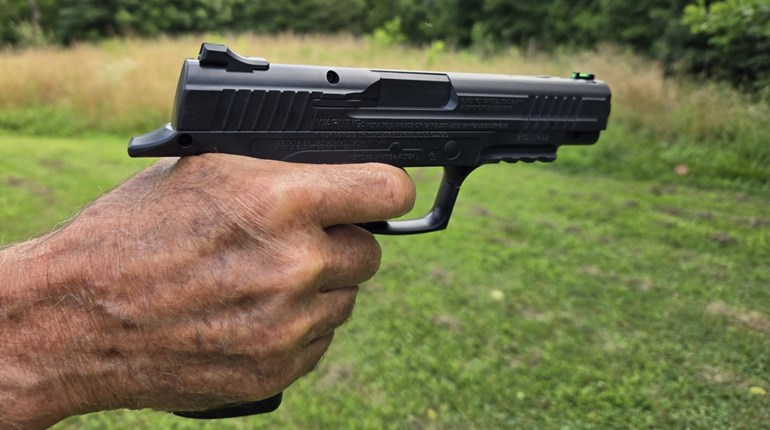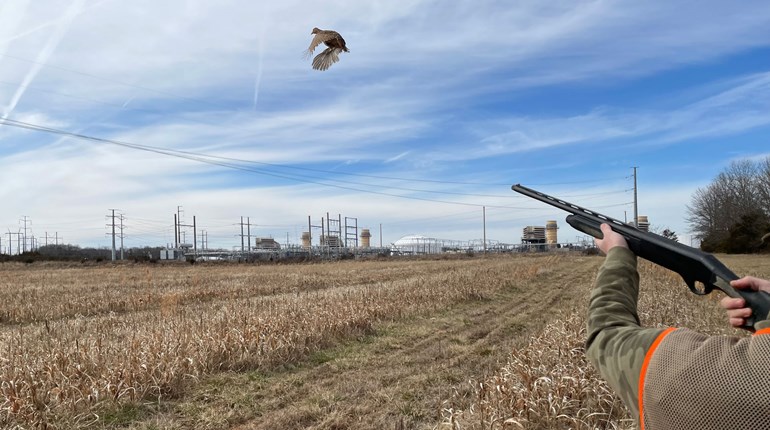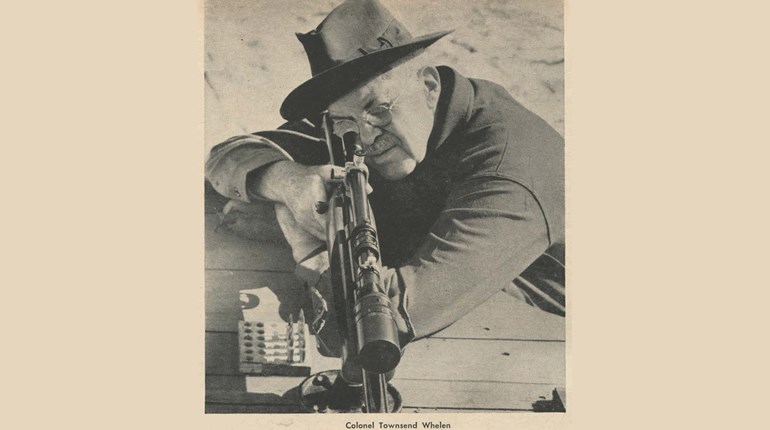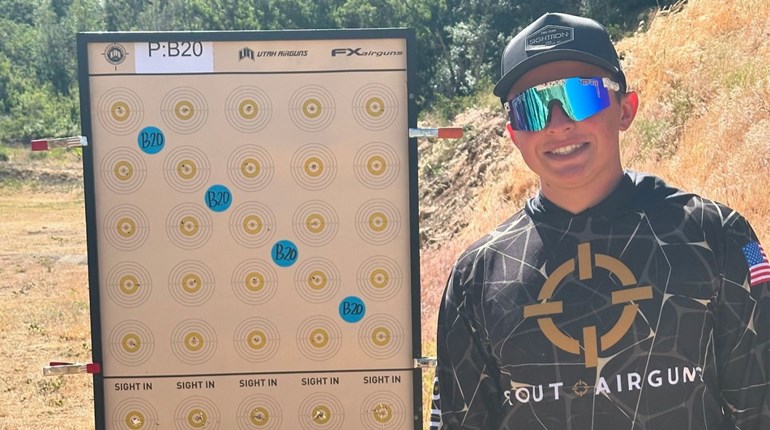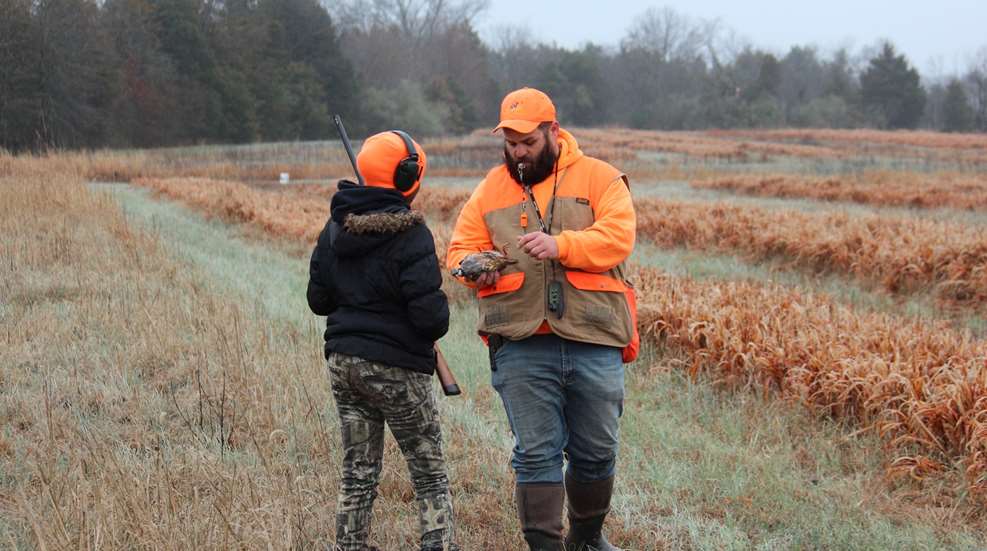
If there was anything positive that came from the COVID outbreak, it was the surge of interest in hunting by those that have never tried hunting before. That interest is still growing, right alongside the prices for domestically farmed meat. Yes, you can hunt wild game to fill your freezer cost-effectively, and you can do it even if you have no idea where to begin. That’s because we have the six steps right here to get started on a journey you will enjoy the rest of your life.
Get Some Knowledge!
The first thing any prospective hunter should do is take a hunter education course. These courses can be taken online, and they can be taken in person. If you have zero hunting knowledge, I would recommend taking a course in person because attendees can ask questions and be a part of discussions about how to safely hunt. Hunter education courses are offered by state wildlife agencies and can be located by a simple search online. Perhaps the easiest way to find a course is to first go to your state’s wildlife agency page and then search within that page for “hunter education course.”
Hunter education courses are required to get a hunting license and prospective hunters will receive materials to study that are valuable resources. Additionally, prospective hunters will have the chance to meet other hunters and possibly cover Step 2, which is to find a mentor. Be sure to get your instructor’s contact information for future questions!
Find a Mentor
Finding a mentor is probably the second most valuable step to starting your journey to become a hunter. Mentors are out there. Attending a hunter education course and asking if there is someone who can help you learn to hunt is a great way to find one.
However, making contacts at local gun shops or hunt clubs, asking at church or work are also good ways to find someone who hunts to help you get started. National conservation organizations (such as National Wild Turkey Federation, National Deer Association, Ducks Unlimited, Delta Waterfowl and so on) will have local chapters. Those chapters will have shooting events and banquets, and those are gold mines for finding someone to help you learn to hunt. The NRA has resources that are extremely valuable for finding a mentor. The NRA Women’s Wilderness Escape is a great place for women to start. Each state has programs or special licenses for new hunters. Here is a great link to get you started!
Why would you want a mentor? Well, if you have a mentor you will learn under the supervision of an experienced hunter who can help you avoid mistakes, make the most of your time and cut down on the learning curve. Plus, some states have special licenses and special hunt days which will allow you to try hunting while supervised by an experienced, licensed hunter.
Get Your License!
Obviously you need a license to hunt (unless some special circumstances exist, which you will be aware of after taking the hunter education course). As a hunt event coordinator for a youth outdoor club, I have learned that most new hunters can be overwhelmed by the license selection out there and are sometimes unsure which license they need. License sales are available online these days, but be sure you are accessing the license sale through your state wildlife agency website! Here is a list of them.
If you are in doubt as to what license you need, consult your mentor, call or email your hunter education instructor, speak to your conservation police officer, or call your regional wildlife agency office before purchasing your license to avoid mixups. Sometimes you will need additional stamps or licenses such as a HIP number or permit for migratory birds or possibly a state game lands stamp or National Forest Stamp. Keep in mind that hunting licenses tend to be cheaper for in-state hunters, and that license costs may vary by the game animal.
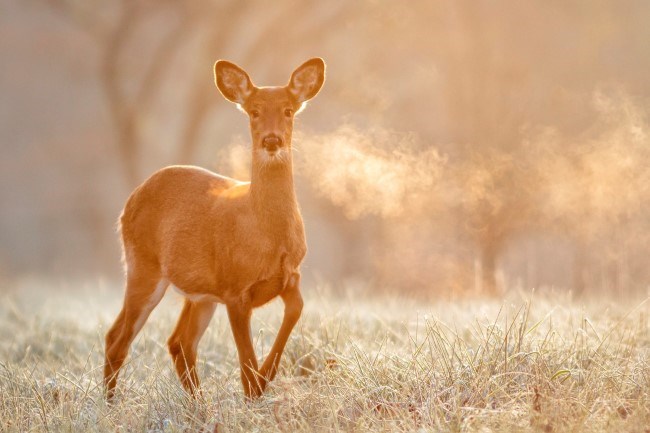
If you're hunting deer, and your license covers them, don't discount does! Many hunters find their meat tastier than bucks'.
Select the Game You Wish to Hunt
This step is relatively easy. Start with something that is abundant in your area. Most people start with small game, such as rabbits or squirrels. Others who find they’re handy with a shotgun might start with birds such as quail, pheasant, dove or waterfowl. Choose something that you will likely see so you can be successful early on in harvesting game and then branch out to other game animals once you have some success. The same basic skills are used for all hunting expeditions, but each animal will require additional skills and knowledge you can learn as you go.
Find a Place to Hunt
Finding a place to hunt is the toughest step for anyone … to include experienced hunters. The easiest way to find a place to hunt is to join a hunting club in your area. Hunt clubs sometimes will have openings for new hunters and you can get some help learning to hunt from the members. However, if you do not have access to a hunt club, ask your local conservation police officer for some tips. He or she may have some places to suggest.
Last, each state has public land that anyone who is properly licensed can hunt. Additionally, nearby military installations offer hunting opportunities, and federal lands such as U.S. Fish and Wildlife Services and National Forest lands are often open and may even have managed hunts available. Search your wildlife agency site for managed hunts as well as your local wildlife refuge for opportunities.
Select Your Gun and Gear and Prep
Once you have your quarry selected, you need to use what you learned in the hunter education course and select the proper firearm and gear to take with you. Consider the weather and terrain when selecting your gear. Consult your mentor or hunter education instructor and read up on the hunting you will be doing in your area. Get several opinions from professionals at outdoor stores as to what gear is best for your hunt and stay within budget as much as possible. Most hunters have more than one firearm that they trust, and your mentor may be willing to loan you one.
Don’t forget to sight-in and practice with your firearm. Make sure you are consistently able to hit the target at ranges you expect to reasonably see your game. Use the same ammo that you will hunt with to practice with. Don’t forget ear protection!
On your first few hunts, keep things simple and don’t venture far off into the wilderness without a mentor. Don’t take risks, and remember safety is the most important thing to consider. Take it slow and enjoy the scenery, the experience, and of course when you harvest your first game animal enjoy that as well! One day perhaps you, in turn, can mentor someone.













